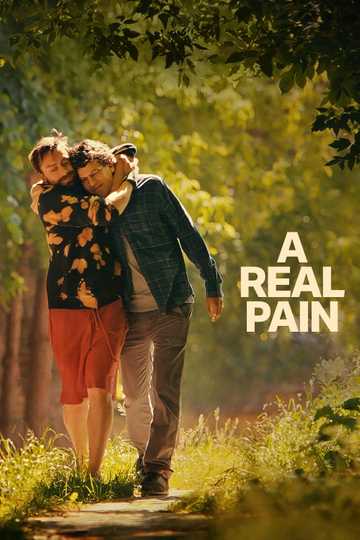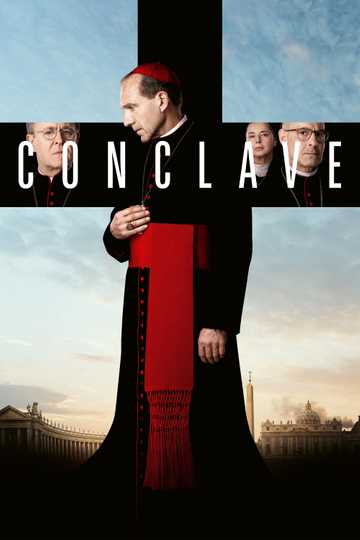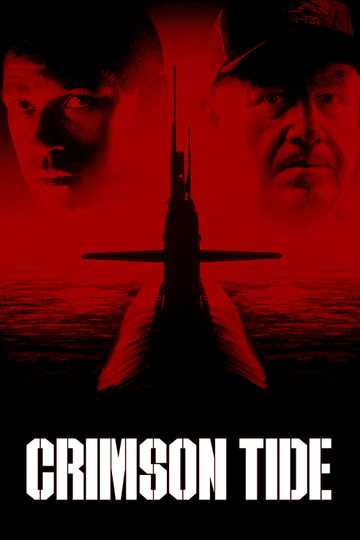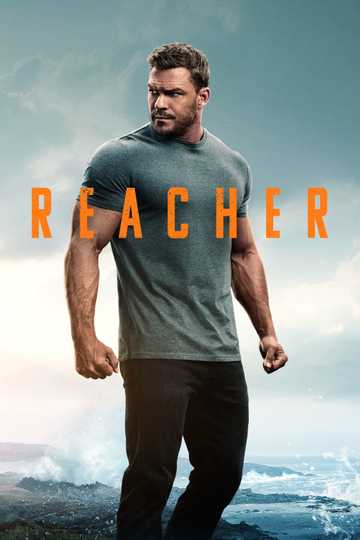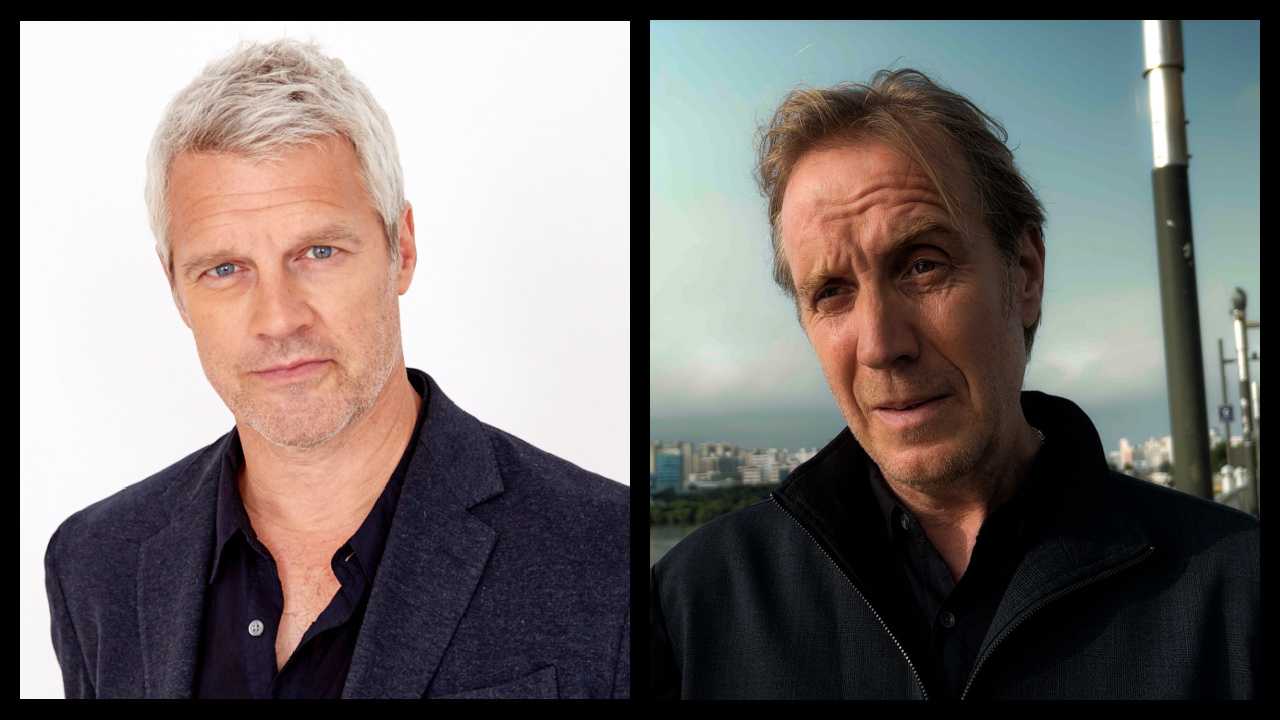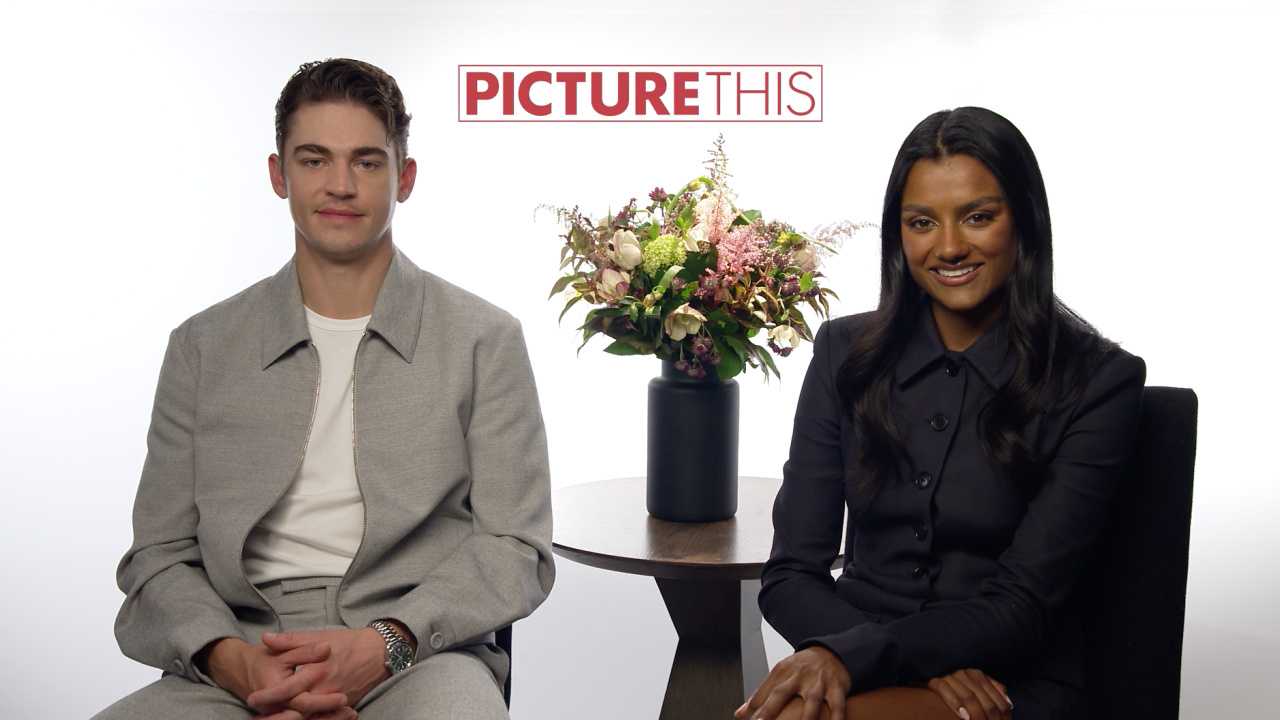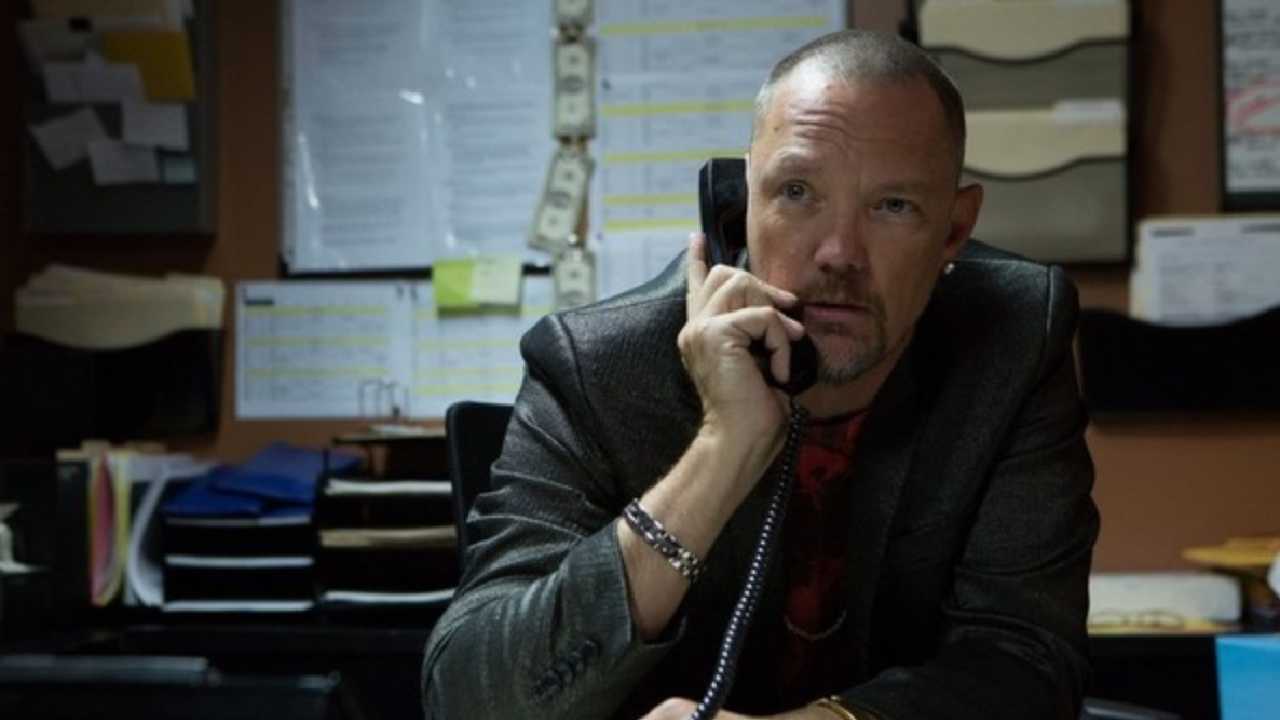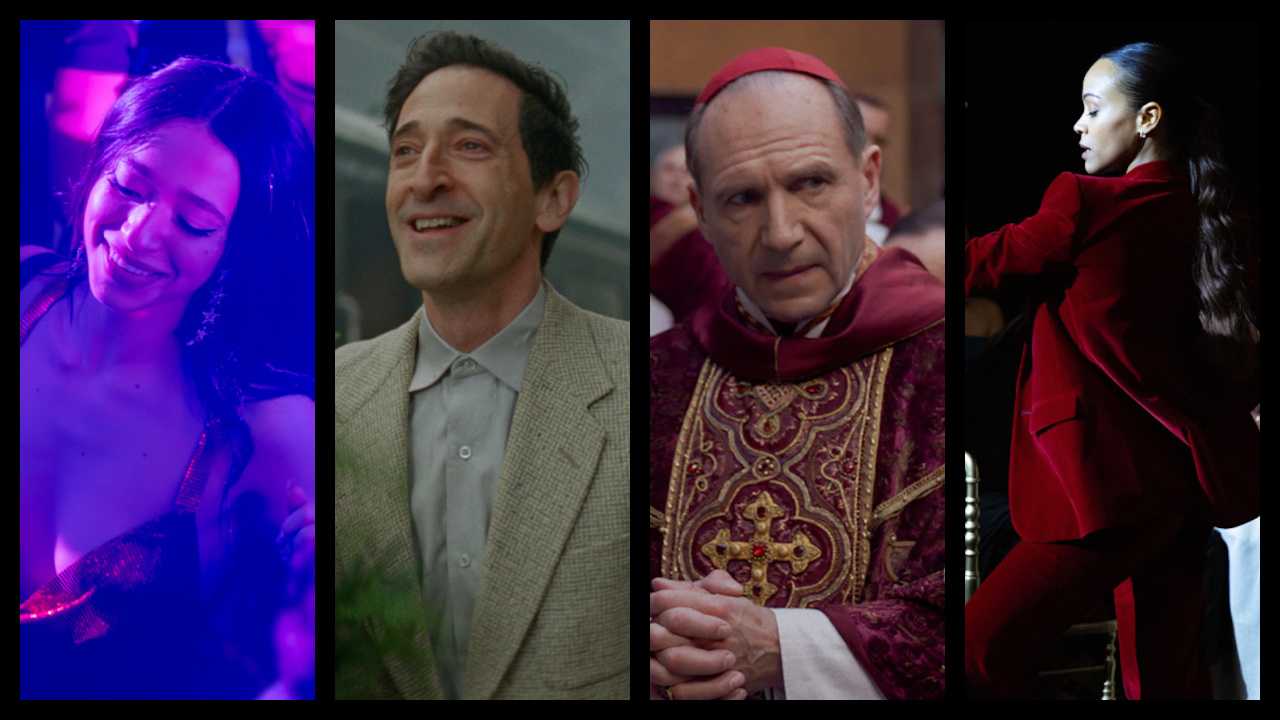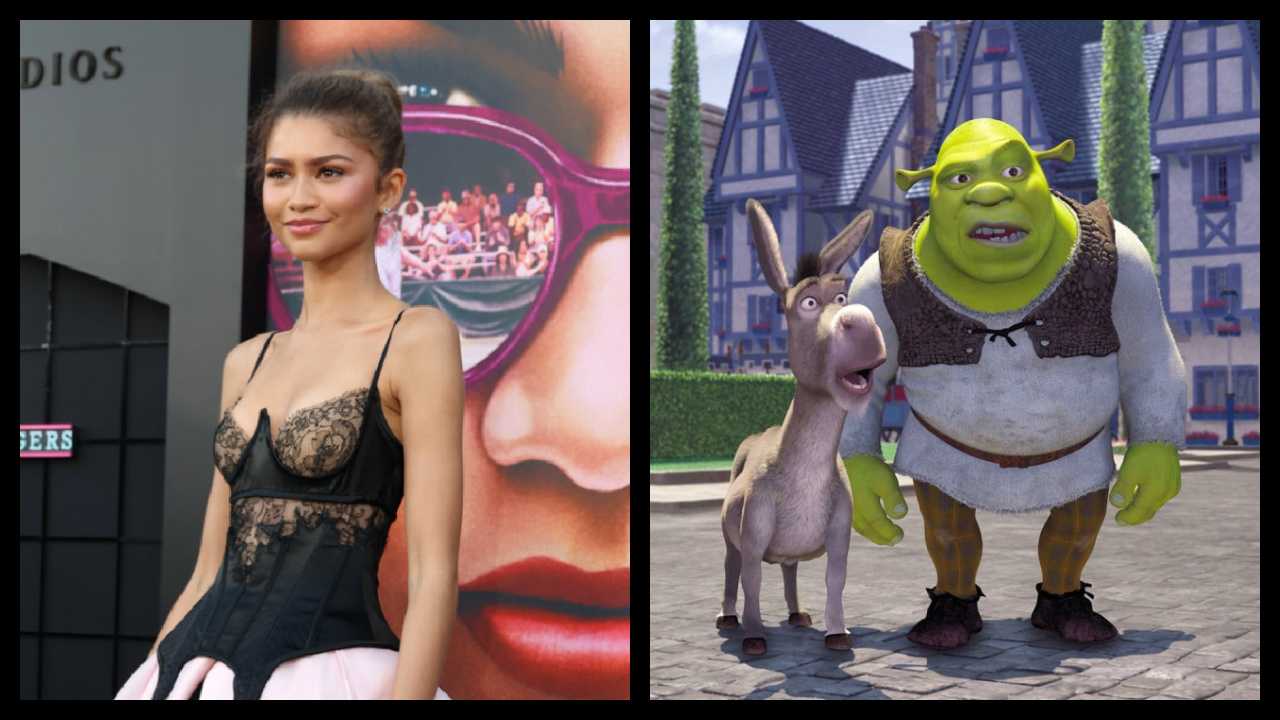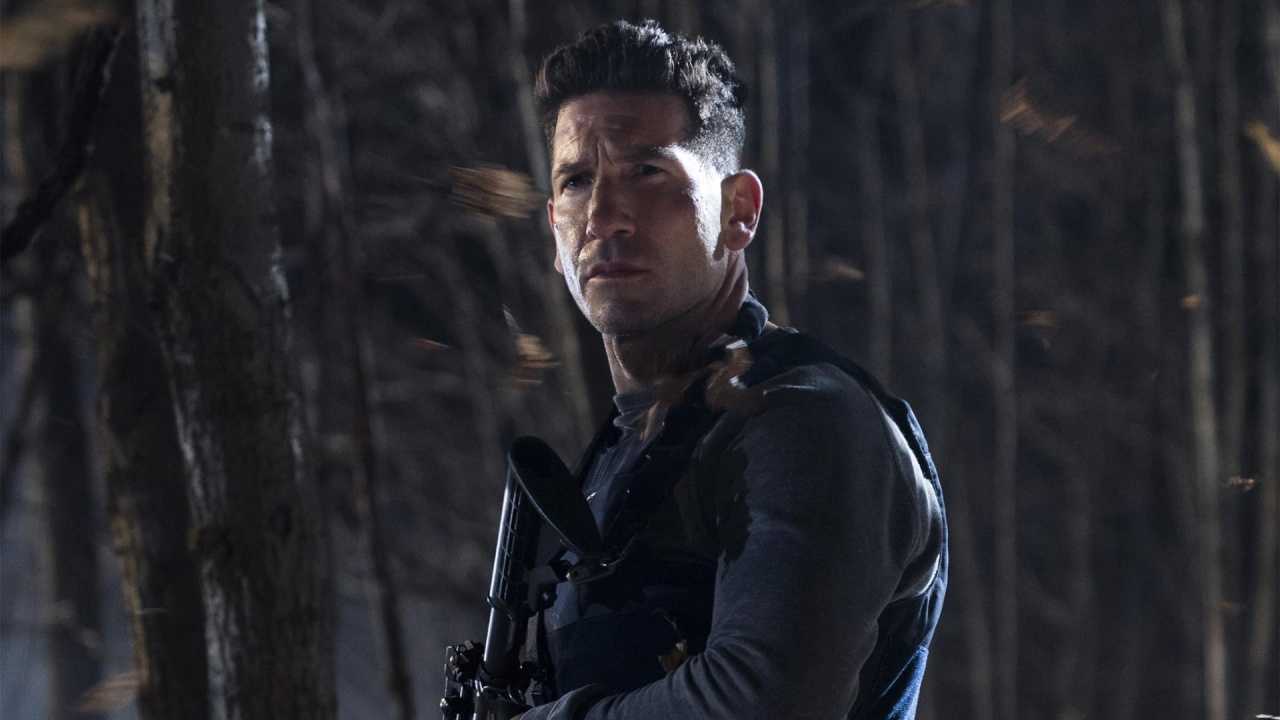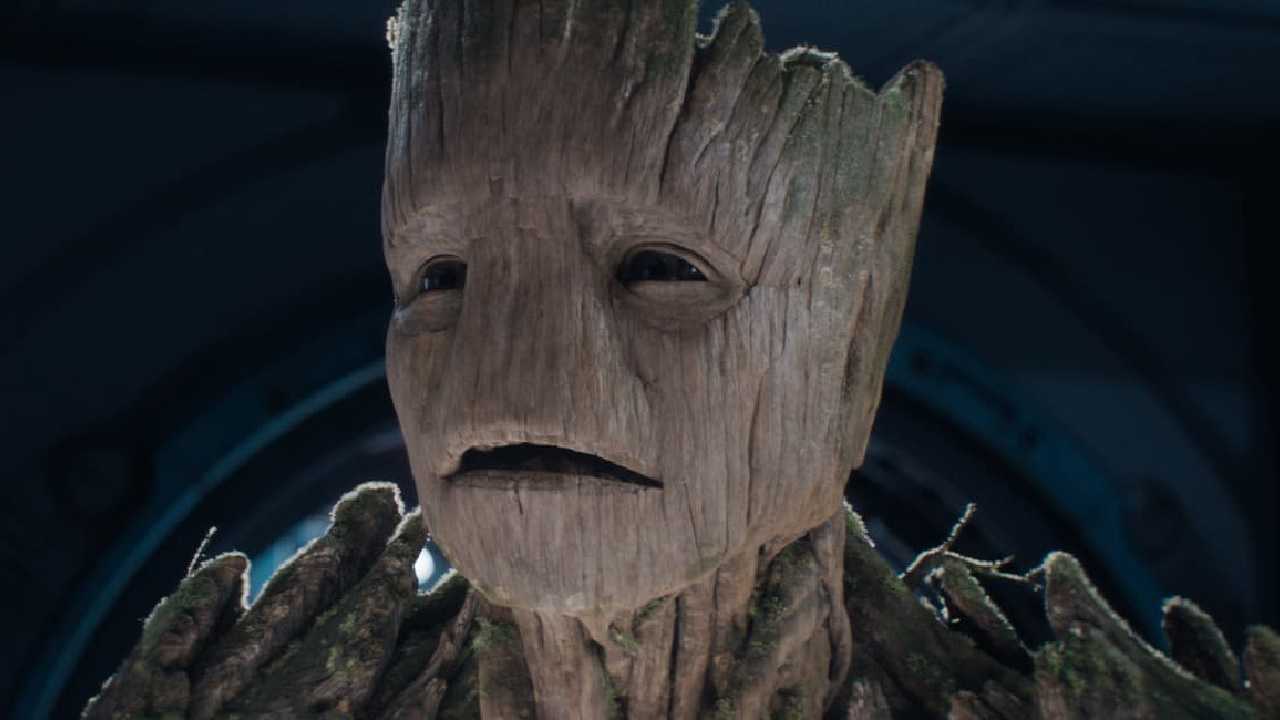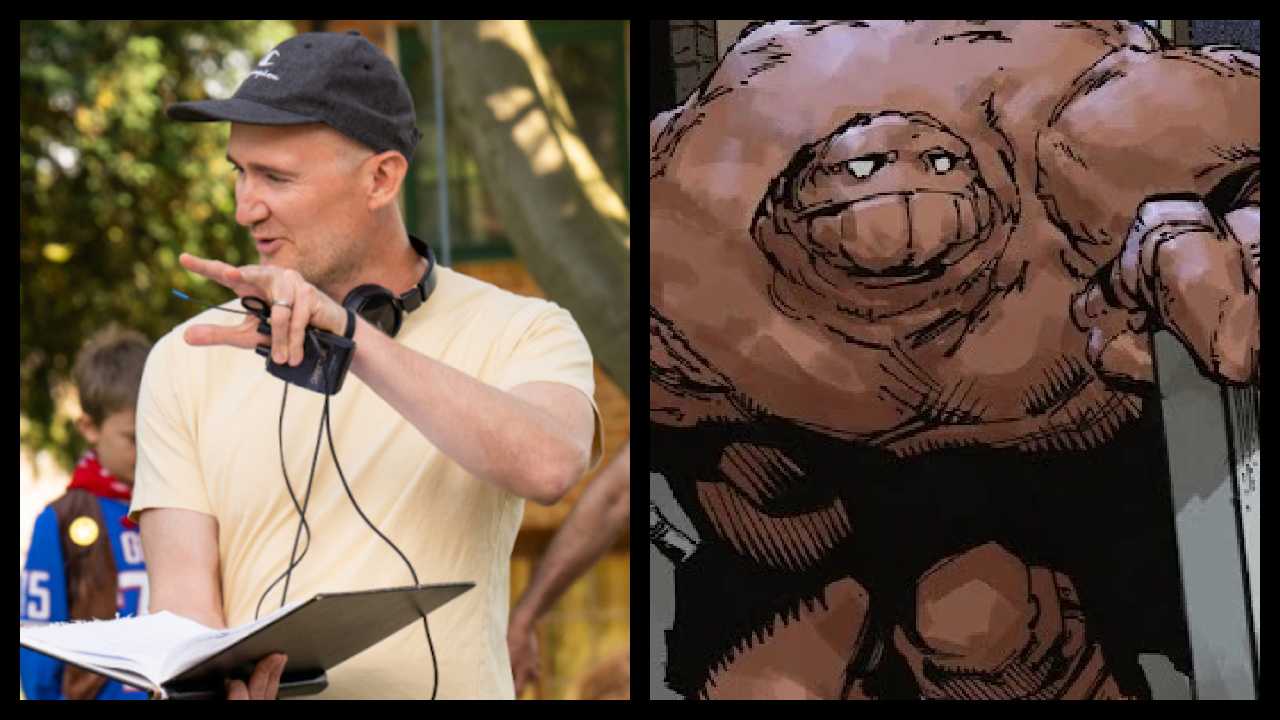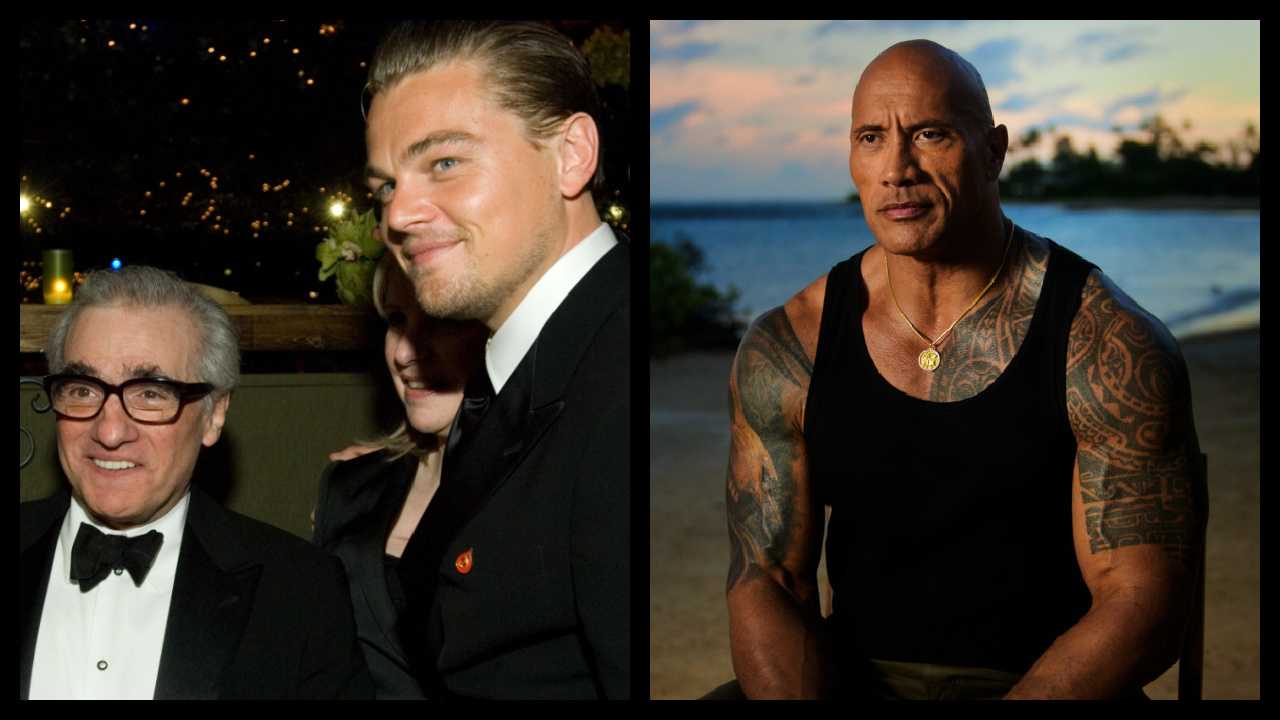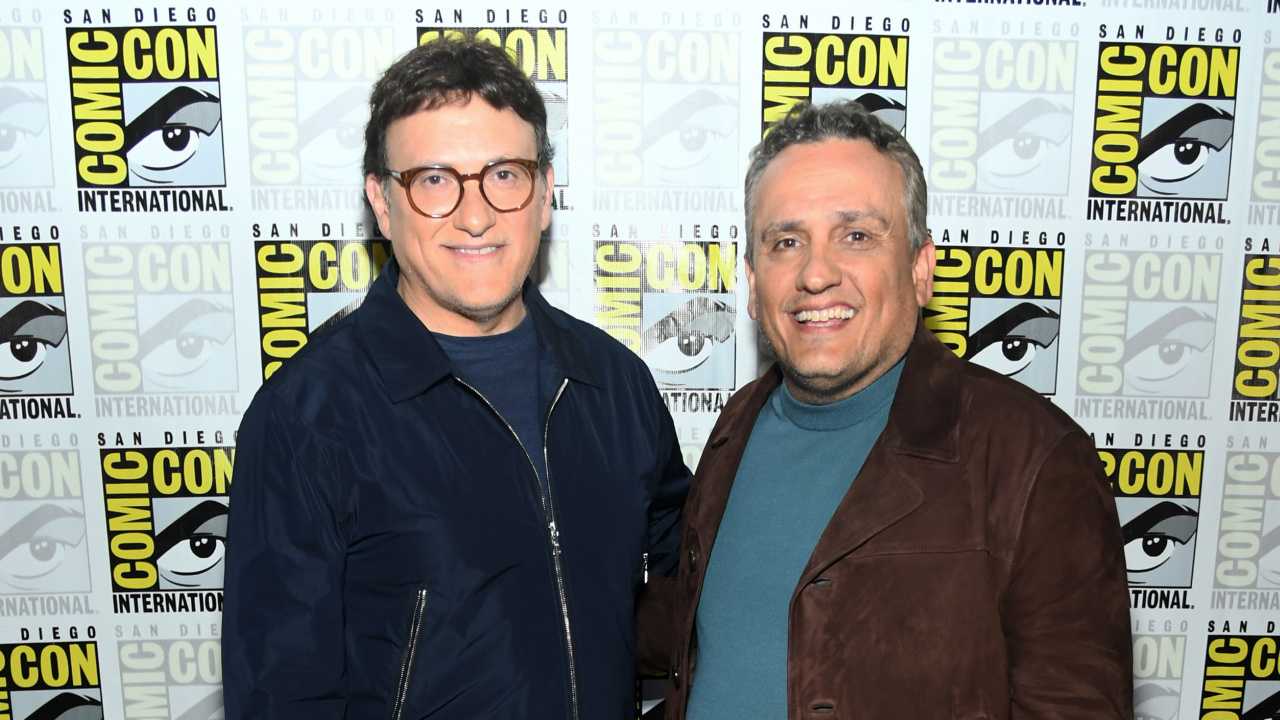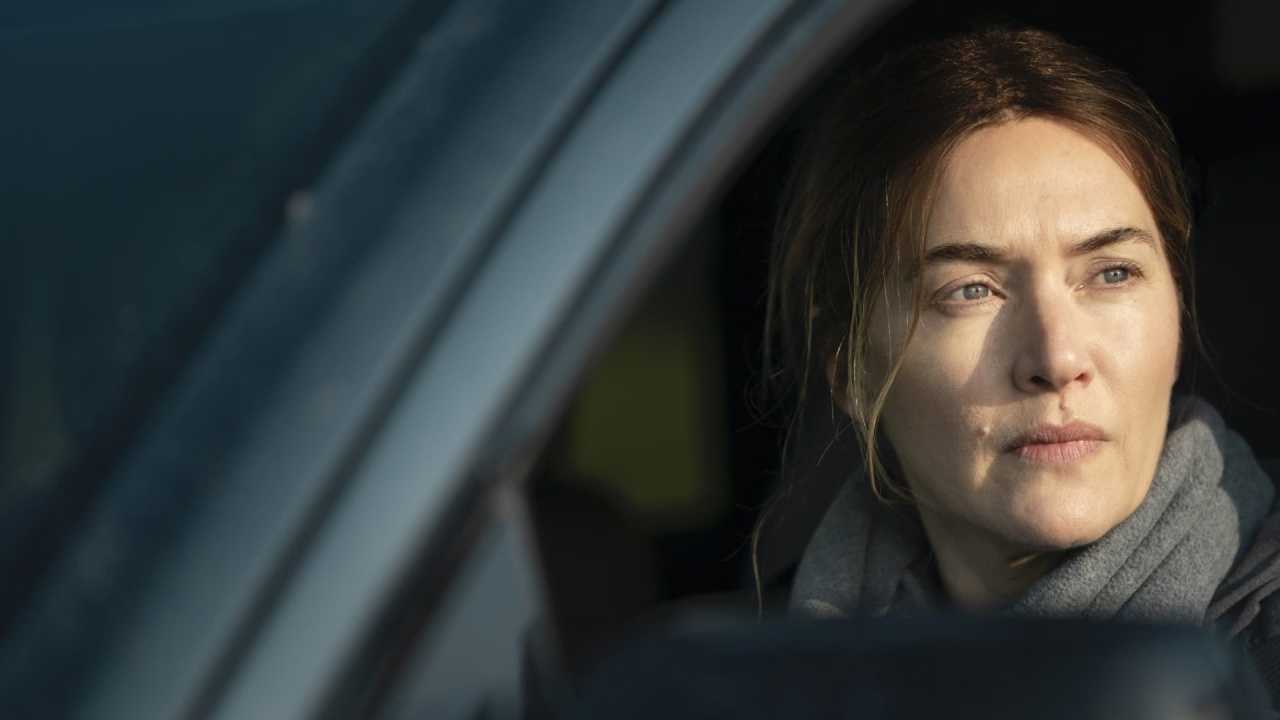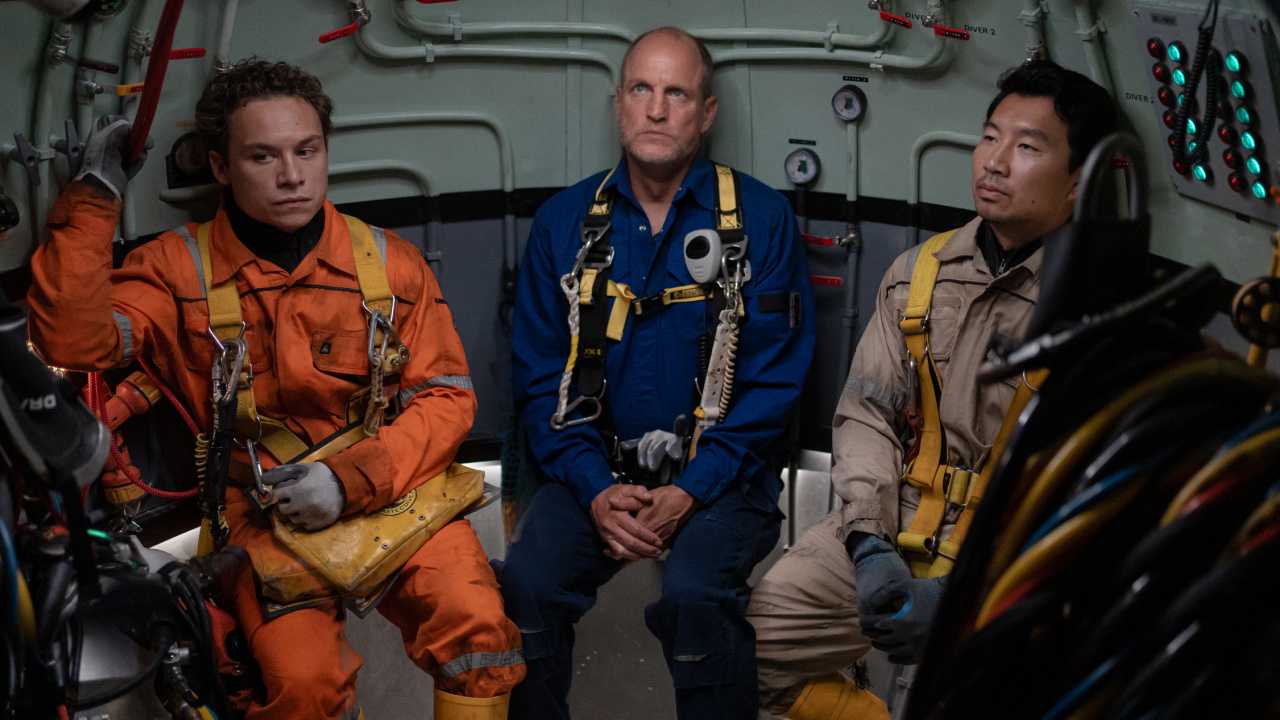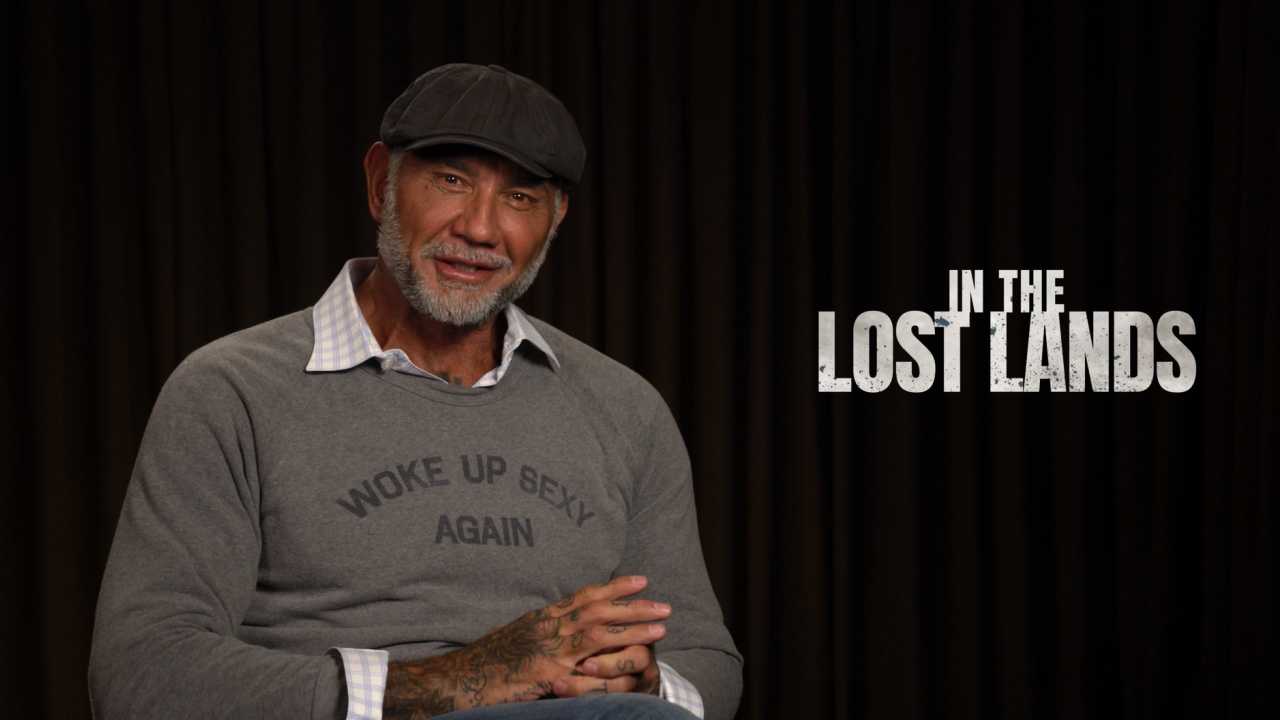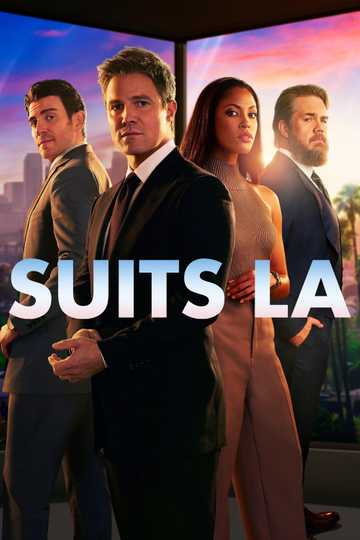Neil Burger Talks 'The Marsh King's Daughter' Starring Daisy Ridley
Moviefone speaks with director Neil Burger about 'The Marsh King's Daughter.' "I was interested in doing a movie where the wilderness became a character."
Opening in theaters on November 3rd is the new psychological thriller 'The Marsh King's Daughter,' which was directed by Neil Burger (‘Limitless’).
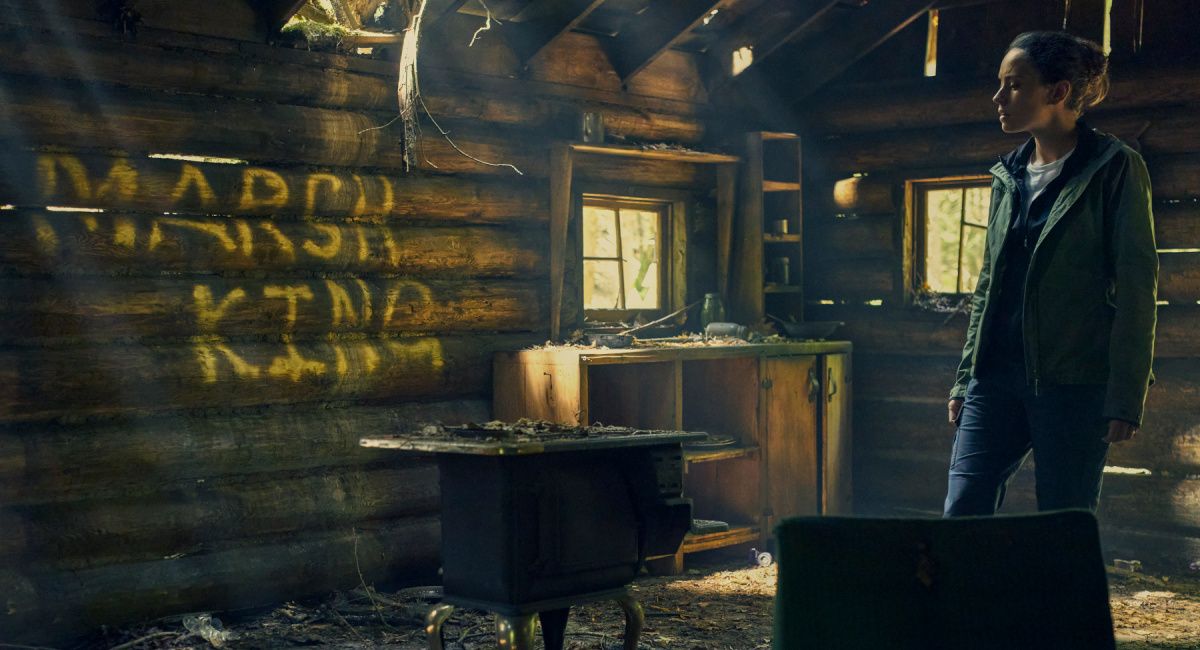
Daisy Ridley as Helena Pelletier in 'The Marsh King’s Daughter.' Photo Credit: Philippe Bossé.
Moviefone recently had the pleasure of speaking with director Neil Burger about his work on 'The Marsh King's Daughter,' his first reaction to the screenplay, the themes he wanted to explore, working with Daisy Ridley and Ben Mendelsohn, their characters unusual father/daughter relationship, creating suspense, and the challenges of filming in the wilderness.
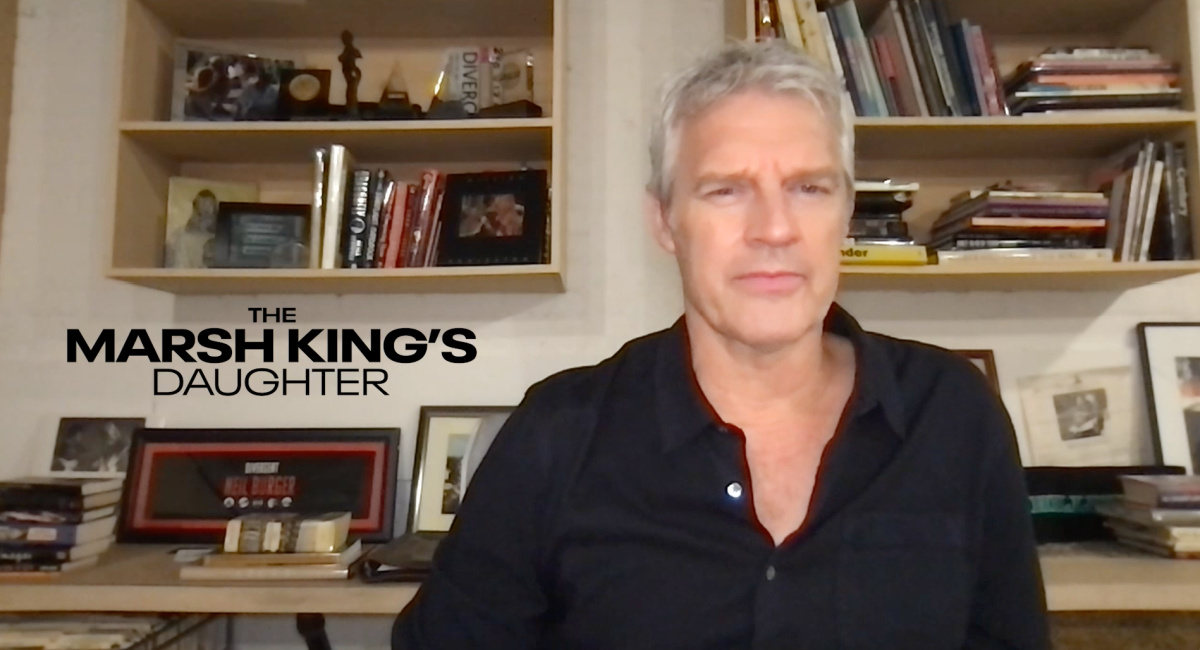
Director Neil Burger's new movie, 'The Marsh King's Daughter' opens in theaters on November 3rd.
You can read the full interview below or click on the video player above to watch the interview.
Moviefone: To begin with, what was your first reaction to the screenplay and what were some of the themes you were interested in exploring?
Neil Burger: Well, two things. One, I was interested in doing a movie that was set in nature where the wilderness and the natural world became a real character in it, and to try to show that nature in a different way. Then thematically, I've made all sorts of different kinds of movies set in the past, set in the future, set in space, but there is something that ties them together, which are they're stories of transformation. Can you change? Can you become the person that you should be? I'm interested in families and parenting and how your past imprints you or molds you in a way, and can you throw that off? Can you free yourself? In this case for Helena's character, can you free yourself from the trauma of your past and become the person that you should be? That you want to be?
MF: Can you talk about Helena’s trauma, how she’s dealing with that, and Daisy Ridley’s emotional performance?
NB: I mean, look, Daisy's amazing. Daisy has a mystery to her. You want to cast the person who is the person in a way, who has the kind of traits for it. Daisy does have a mystery to her, she has a restraint and a subtlety, which is perfect in a way for a character who has a secret, that's hiding something, which her character is. But also with Daisy, you can see in her eyes what's going on emotionally, her vulnerability and her emotional history. So, it was amazing to work with her on that. But also, we did work on it, we adjusted and changed some things. But she started from such a point of being in so much the right place and being the right person for the role.
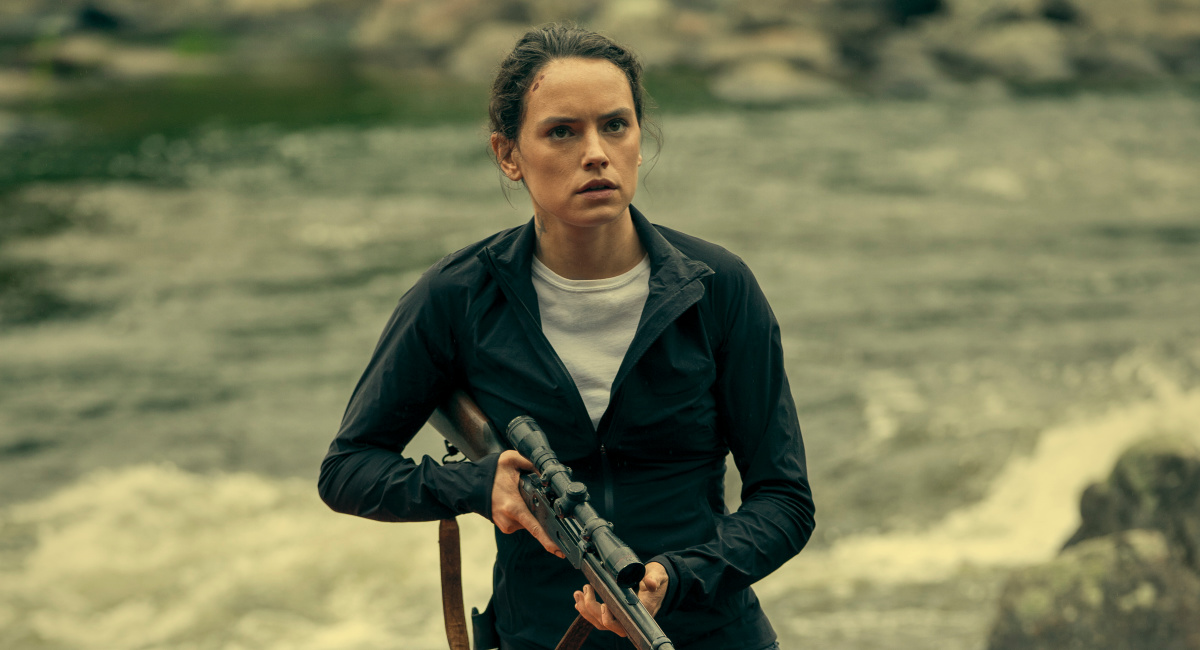
Daisy Ridley as Helena Pelletier in 'The Marsh King’s Daughter.' Photo Credit: Philippe Bossé.
MF: How would you describe Helena and Jacob’s father and daughter relationship?
NB: I think the relationship starts out and she's completely devoted to him. She loves him. She idolizes him. She's at one with the universe. She's in harmony with nature because of him. They're this team and he's a harsh task master, but he's fair. So, we the audience care about him in the same way that she does. Then of course she learns more about him as she gets older and so then there's the question, what if the person you loved most in the world turns out to be a monster? What do you do with that? So that's traumatic. What she did with it was she put it in a box, she buried it and she never talked about it or told anybody about it ever again. So that's an interesting character to be working with because of course, obviously it's going to come up at a certain point.
MF: What was your experience like working with Ben Mendelssohn?
NB: In the beginning, again, he's playing a character that we want to fall in love with or we want to be compelled with by him and like him. Even when he comes back, the important thing for him to do was to present a very reasonable front, a reasonable argument why she should come with him, why she should be with him. It's a very different kind of thriller, a different kind of character and a different kind of villain in a way. He's a very compelling character, Jacob, and Ben is a very compelling actor, so we didn't want to go all crazy because that would've been like, "Oh, well, he's crazy. I don't want anything to do with him." He is somebody that seems utterly reasonable. All the arguments that are being put against him don't make any sense. He's the reasonable guy. So, he's great at that, even as he has that caged tiger inside him.
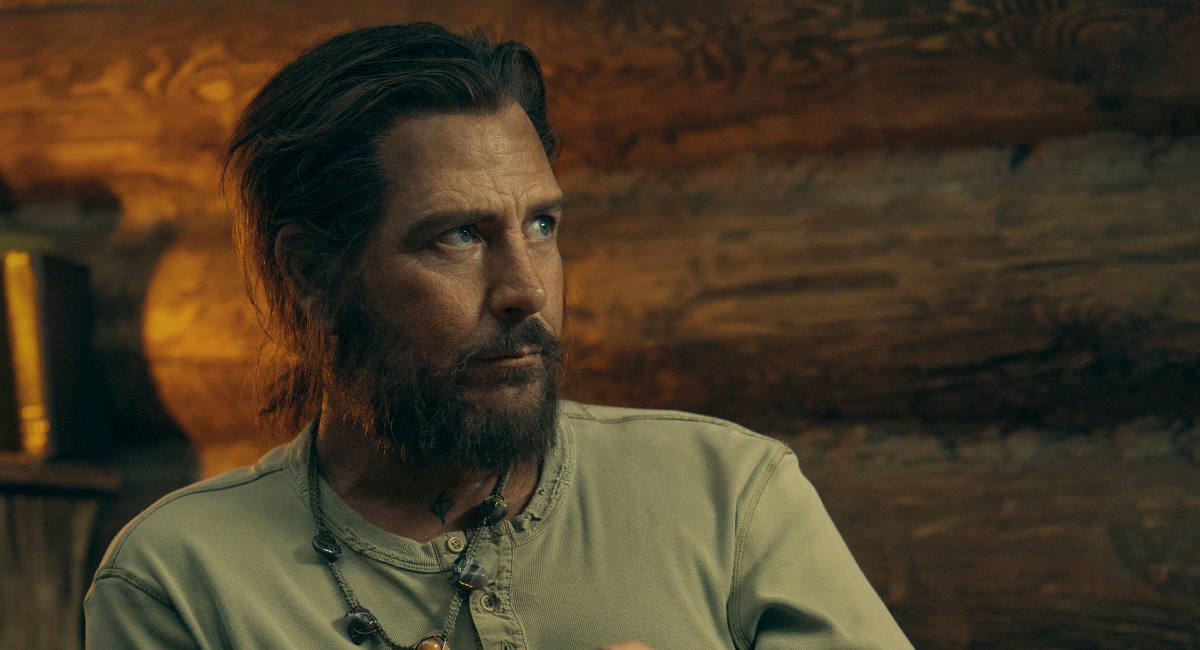
Ben Mendelsohn as Jacob Holbrook in 'The Marsh King’s Daughter.' Photo Credit: Philippe Bossé.
MF: Was it difficult making the film suspenseful?
NB: Well, I think it's a challenge to build. With a thriller, you're trying to put all the pieces in place so that sense of suspense, that energy and that intensity starts to build up. Not just for intensity's sake, but because it's linked with the emotional journey of the characters, that they're just under more and more pressure, for example. IT starts with the script and then you make a movie three times, which is the cliche, but it's true. It starts with the script and then you make it again with the movie, setting it all up and figuring out. How we shoot it. Is this closeup going to be more tense than something that's wider or do we just stay back? That's weird in and of itself. Then in the editing, there's this other pacing that happens, and you take something out and you're like, "Oh, we don't need that, actually." Putting the other scenes around it right together, that kind of creates a burst of energy that we weren't expecting. So, it's a matter of just shaping it all to create that effect.
MF: Finally, what were the biggest challenges of shooting in the wilderness?
NB: Well, I was looking for a pristine wilderness, something that hadn't been touched by man really. I felt like you could tell. We looked at a lot of different places and it was like, "This has been logged," or you can feel the acid rain or something like that. I wanted to be kind of farther out and to get to the primal, mysterious quality of the wilderness that they had lived in. So, we found it, and it was far away. So, we had to do things like, we were in several different locations. One place was on a First Nations reservation. The First Nations group allowed us to shoot on their land, which was incredibly generous on their part. But to get to there, we had to take a boat for an hour and then hike more, all bringing in the equipment. Some of the equipment had to be helicoptered in, but the helicopters couldn't land. There was no place to land. They had to drop it in a cargo net. So, it was grueling and intense, but I think somehow it reflected on the performances as well. There was something about that intensity and that grueling quality of the actual filmmaking experience that made the whole thing worthwhile and on film it really pays off.
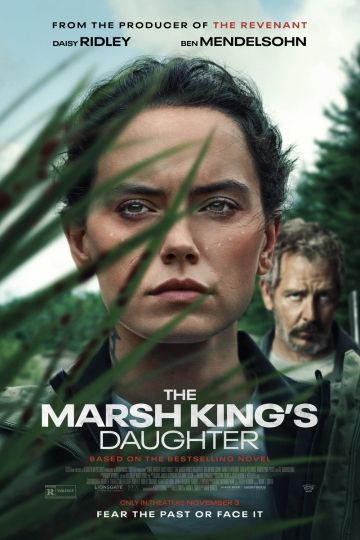
What is the plot of 'The Marsh King's Daughter'?
Helena (Daisy Ridley) must confront a buried past when her estranged father (Ben Mendelsohn) breaks out of prison. Two years before she was born, the Marsh King abducted her mother (Caren Pistorius) and she spent her childhood in captivity. Now convinced he will try to take her daughter (Joey Carson), Helena sets out to outmaneuver the man who taught her everything she knows about surviving in the wilderness.
Who is in the cast of 'The Marsh King's Daughter'?
- Daisy Ridley ('Star Wars: The Force Awakens') as Helena Pelletier
- Brooklynn Prince ('Cocaine Bear') as young Helena Pelletier
- Ben Mendelsohn ('Captain Marvel') as Jacob Holbrook
- Garrett Hedlund ('Tron: Legacy') as Stephen Pelletier
- Caren Pistorius ('Unhinged') as Helena's mother
- Gil Birmingham ("Hell or High Water') as Clark
- Joey Carson as Marigold Pelletier
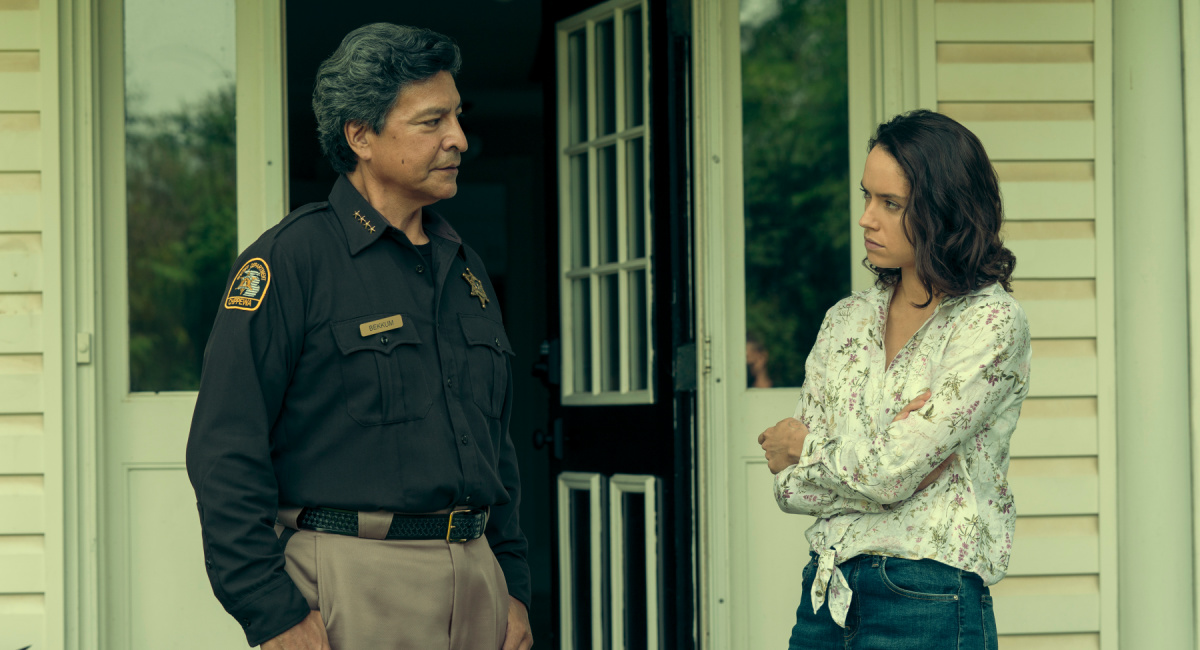
(L to R) Gil Birmingham as Clark Bekkum and Daisy Ridley as Helena Pelletier in 'The Marsh King’s Daughter.' Photo Credit: Philippe Bossé.
Other Neil Burger Movies:
- 'Interview with the Assassin' (2002)
- 'The Illusionist' (2006)
- 'The Lucky Ones' (2008)
- ' Limitless' (2011)
- 'Divergent' (2014)
- 'The Upside' (2017)
- 'Voyagers' (2021)
Buy Tickets: 'The Marsh King's Daughter' Movie Showtimes
Buy Neil Burger Movies on Amazon



